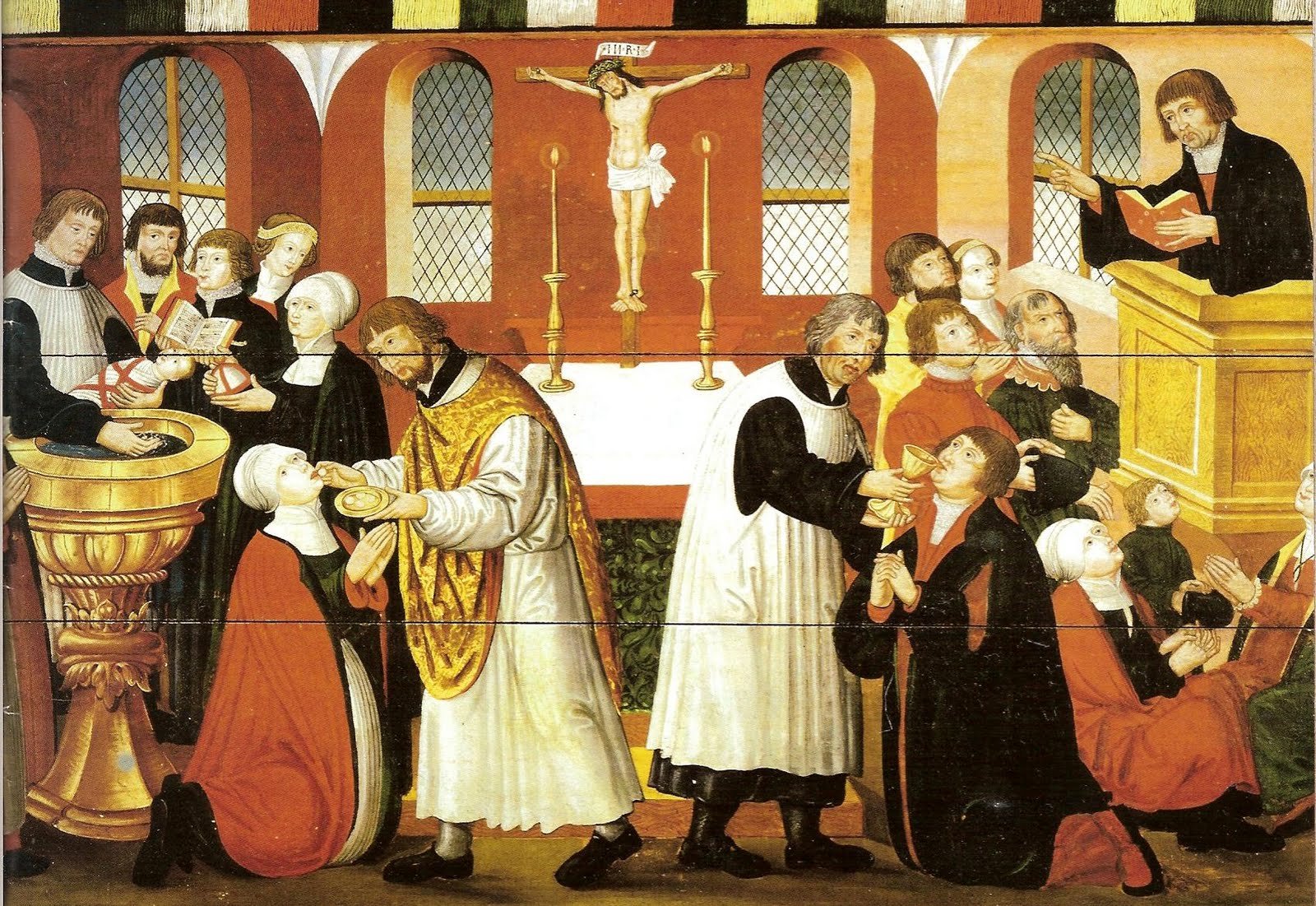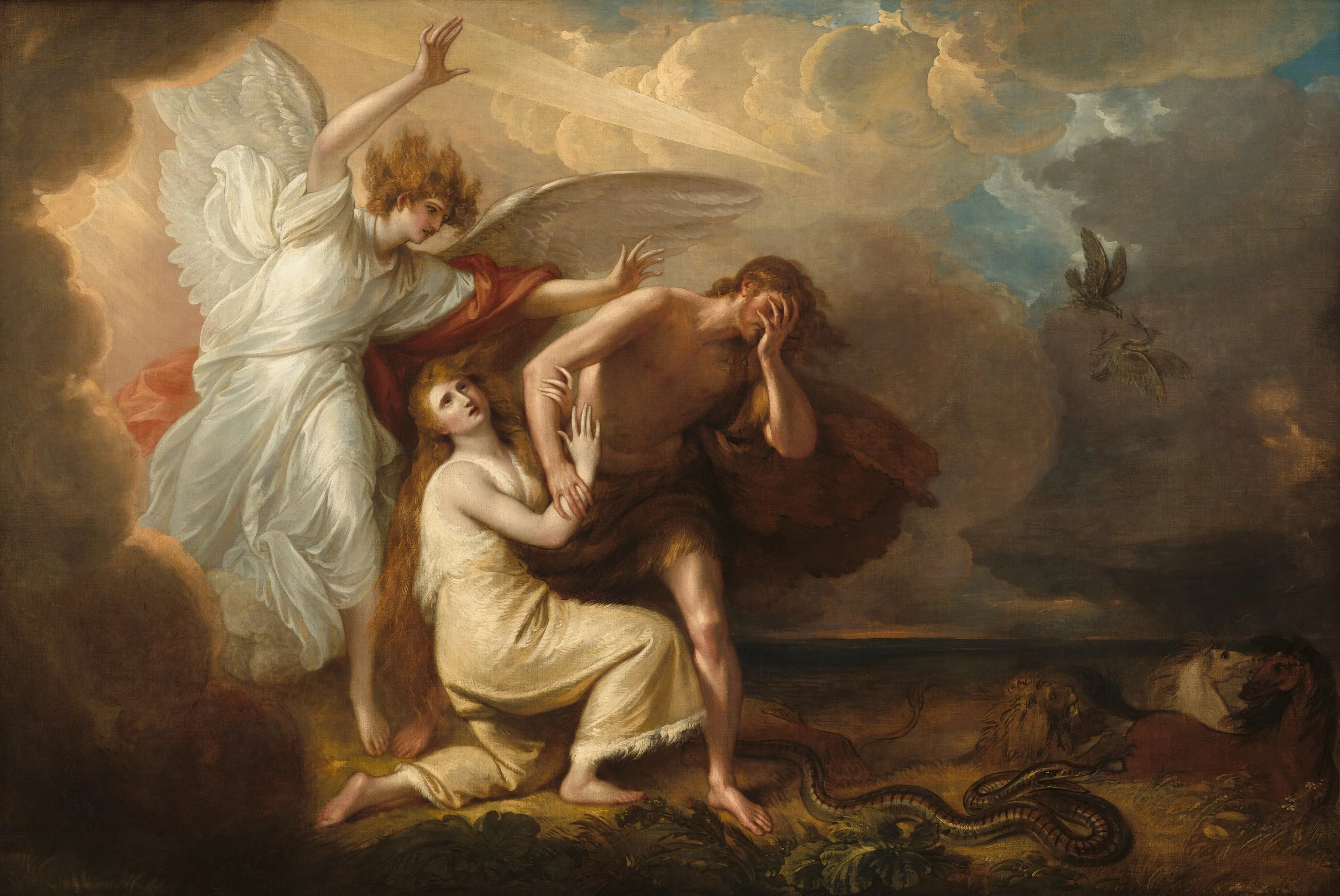Among these charges is that Melanchthon denied the Real Presence and became Reformed on the Supper. Others state that he became a “receptionist,” limiting the real presence to the moment of reception. It is important to note, however, that there are scholars who stand outside of this apparent consensus. In his biographical sketch of Melanchthon, Dr. Scott Keith notes that it is very difficult to prove these charges from Melanchthon’s dogmatic/theological writings. A rousing defense of Philip comes from a lecture given at Concordia Seminary Fort Wayne back in 1988 by the late Lowell C. Green. Elsewhere, Green has noted that Article VII of the Formula of Concord really is a compromise between Melanchthon’s and Luther’s views. I myself would like to read Melanchthon as charitably as possible.
Read MoreForget your years of running, never heeding.
For His pursuit is amorous, not hating.
Reach out and touch the hem that stops the bleeding.
Read MoreIn the wake of Adolf Hitler’s ascension to power on January 30, 1933, as German pastors and theologians began to realize the dangers of National Socialism, one of the principal reforms Confessing Church leaders advocated was weekly celebrations of Holy Communion in the divine services on Sunday mornings. This marked a significant change from previous practice. By the turn of the century in Europe and North America, most Protestant churches had long since given up celebrating Holy Communion on a weekly basis, relegating the Sacrament to only a few times a year.
Read More



















